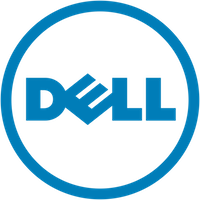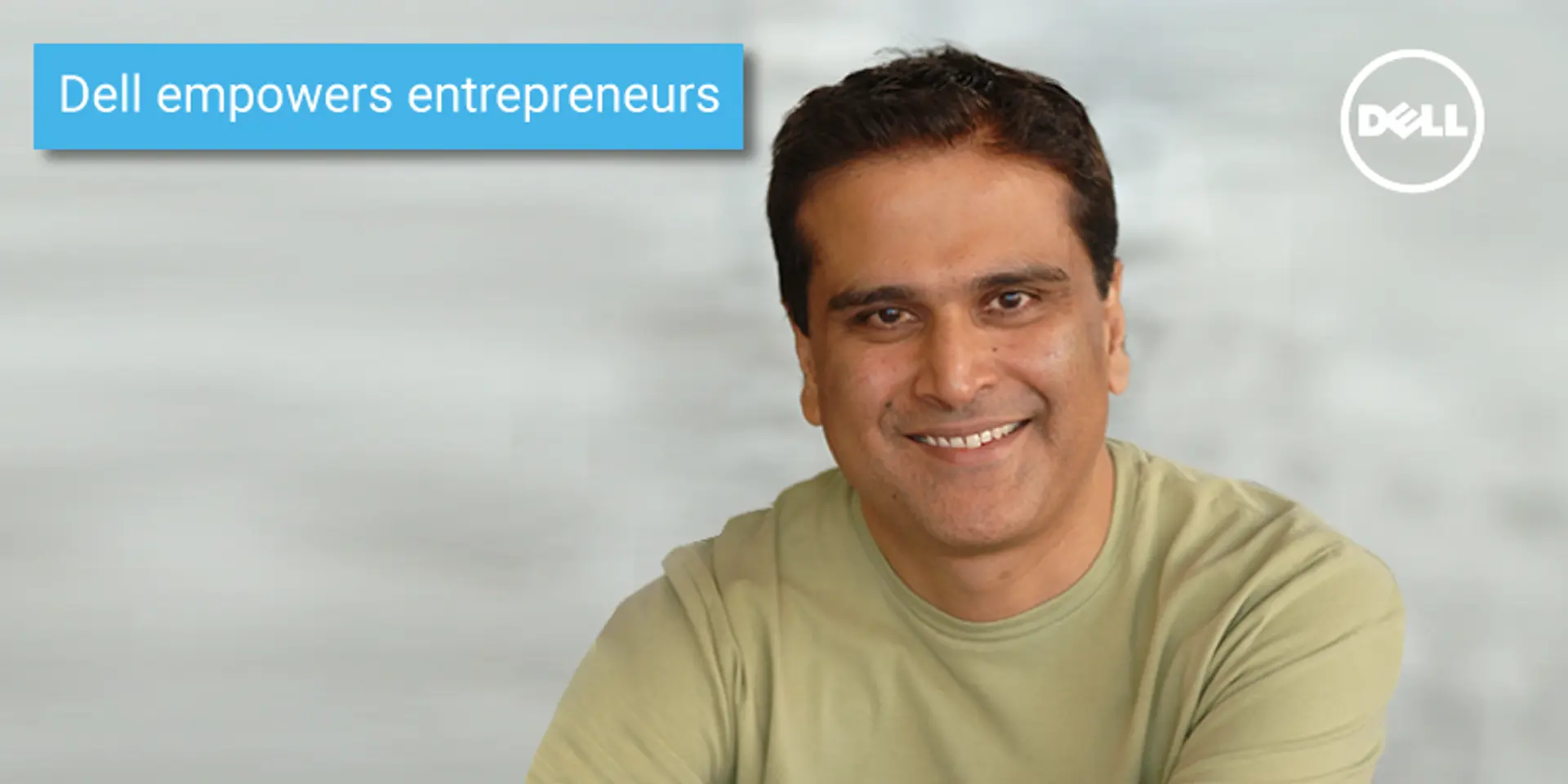This startup is empowering low income families and businesses through its mobile-based credit card
Manchhala and Ramesh Gaikwad own a small retail garment business in a suburb of Pune. While their business was moderately successful, they sometimes ran out of working capital and couldn’t afford to buy additional inventory to meet surges in demand. At times, they would borrow from moneylenders at exorbitant interest rates, which would reduce their profit margin. But today, a mobile credit card is helping them avoid such situations and capitalise on business opportunities by giving them easy access to a line of credit.
The helping hand comes from Dhansamruddhi, a startup that offers fintech solutions for people from low income groups.

Dhansamruddhi is a for-profit social enterprise which focuses on providing technology based credit solutions for people and small businesses in the low income groups, Dhansamruddhi has three offerings – a mobile credit card for families, salaried people, and small business owners, individual housing loans, and group housing loans.
It is their mobile credit card is makes it a market differentiator. The Dhansamruddhi app doubles up as a mobile credit card. Their line of credit acts like a credit card - but can be accessed on any mobile phone, and does not require special machines.
The mobile credit card has been designed to cater to the needs of the underserved, like families which may need financial assistance, businesses that run from homes, and small businesses like neighbourhood hair-cutting saloons or tea shops. Narendra says, “These are people whose loan applications are often rejected by banks. While they do have access to other micro-finance institutions, sometimes the model doesn’t appeal to them. But here, we use technology to make it appealing, reliable and responsible, for borrowers.”
With the basic card, eligible borrowers can avail credit up to Rs 5,000, while the business card allows them to get up to Rs 10,000. For people with the salaried card, the credit limit matches their monthly salary. The borrower can transfer money directly to their account through UPI. Borrowers can also convert the credit into EMIs if they aren’t comfortable repaying the amount within the 30-day credit period.
The individual and group housing loans are a recent offering. The loan ticket size ranges from Rs 51,000 to Rs 1,00,000 for individual housing, to Rs 50,000 to Rs 1,00,000 in group housing, with an interest rate of 22 percent.
The easy user interface allows Dhansamruddhi’s customers use the mobile app for both applying for a loan and repaying it - with a bit of help initially. Most people use the app intuitively, irrespective of their educational background. Dhansamruddhi’s agents also go into the field and help them get comfortable with it.
Doesn’t the high interest rate make it difficult for borrowers to repay the loan, especially since they are from low income groups? Narendra responds, “At the moment, we have a stringent 23-point checklist which ensures that we have no defaulters. We are working towards integrating Machine Learning (ML) onto our platform to try and predict the potential for default.” The 23-point checklist includes factors such as ensuring that the borrower has all the required documentation, whether the borrower pay his utility bills on time, etc. The team also ties up with credit bureau agencies for background verification, in addition to engaging their own on-field agents.
Narendra, who has more than 25 years of experience in the IT domain says, “Technology is fundamental to our offering. In our business model, the financial transaction spectrum is dependent on mobile devices at the customer’s end, and on laptops, desktops, and servers at our end. Nothing is worse than an incomplete financial transaction which has to be re-started due to lack of device stability. That’s why Dell is a great option for our startup. Our experience with Dell has shown that the devices are extremely reliable and stable. They also have a range of devices, features and prices, to meet our varied needs.”
Dell desktops and laptops also power the day-to-day operations at Dhansamruddhi. Narendra says, “We deal with a lot of data, most of which are records related to KYC. We interact with several partners like credit check bureaus, so essentially a lot of works takes place on these desktops. We chose Dell because we believe that it is robust, yet reasonably priced.” Narendra also has a Dell laptop to ensure that he is able to work while on the move. “Even for my personal device, Dell is my go-to brand.”
Dhansamruddhi works on a peer-to-peer lending model. Narendra says, “Our offerings benefit both the lender and borrower. For the borrower it provides affordable and stress-free credit, and for the lender it is an investment which provides returns with minimal risk and also allows them to be a part of a social cause.” Dhansamruddhi’s long term vision is to migrate from a peer-to-peer lending model to a non-banking financial company (NBFC) model to ensure they have sufficient backing related to regulatory compliance. “This will help establish our credibility in the marketplace, which is essential for the success of any financial institution.”
While he admits that this would also mean fierce competition in a more crowded market, he adds, “Given the size of the market for fintech products, especially for those in low income groups, there is room for several players.”
The startup has three full-time employees and six agents. So far, the startup’s operations were focused on strengthening their borrowers’ base in Pune. They now are now looking to expand to Bangalore. Narendra says, “Primarily, our market is the low-income groups in urban areas who are working hard to improve the standard of living in cities that have become their homes. Through our well-designed offering we hope to enable financial empowerment of these underserved population and thereby enhance their quality of living.”
Liked this story? Read more such small business success stories here.
Go to the Dell on YourStory microsite.








